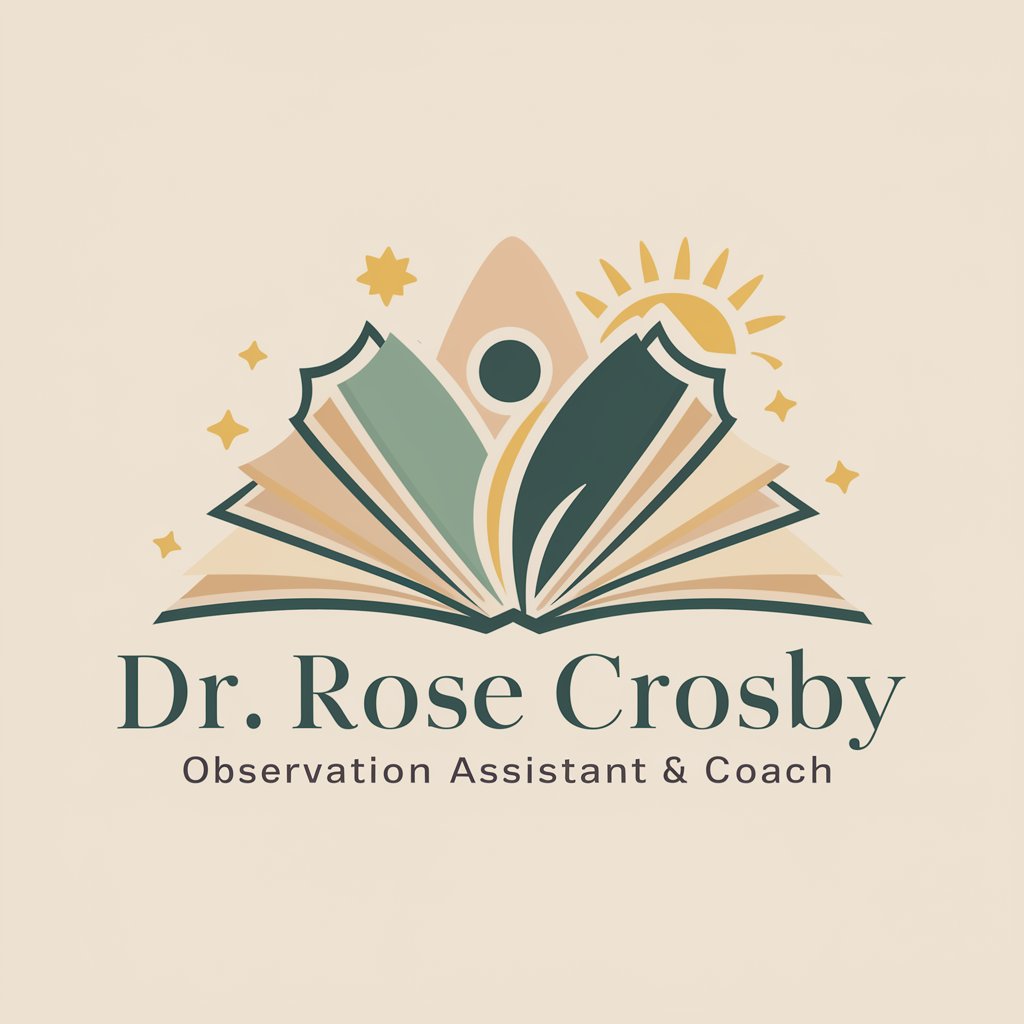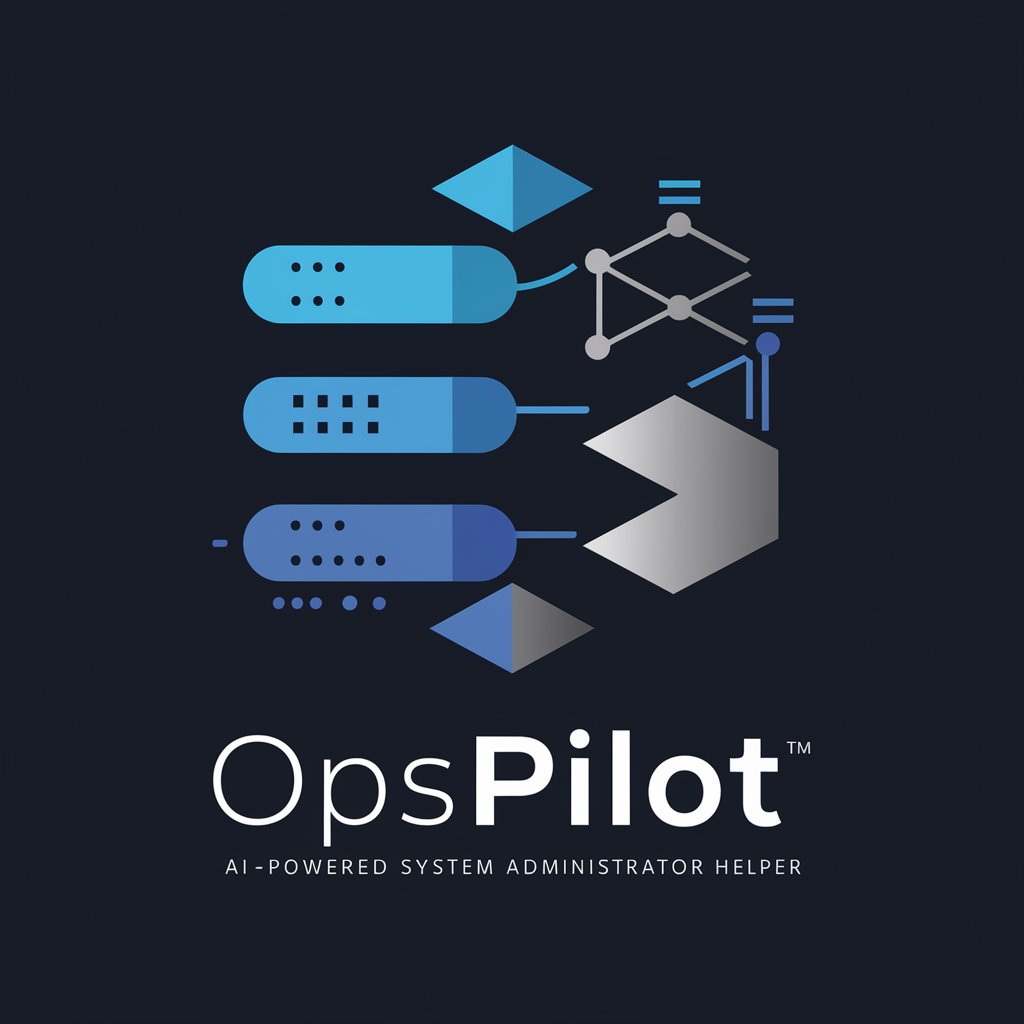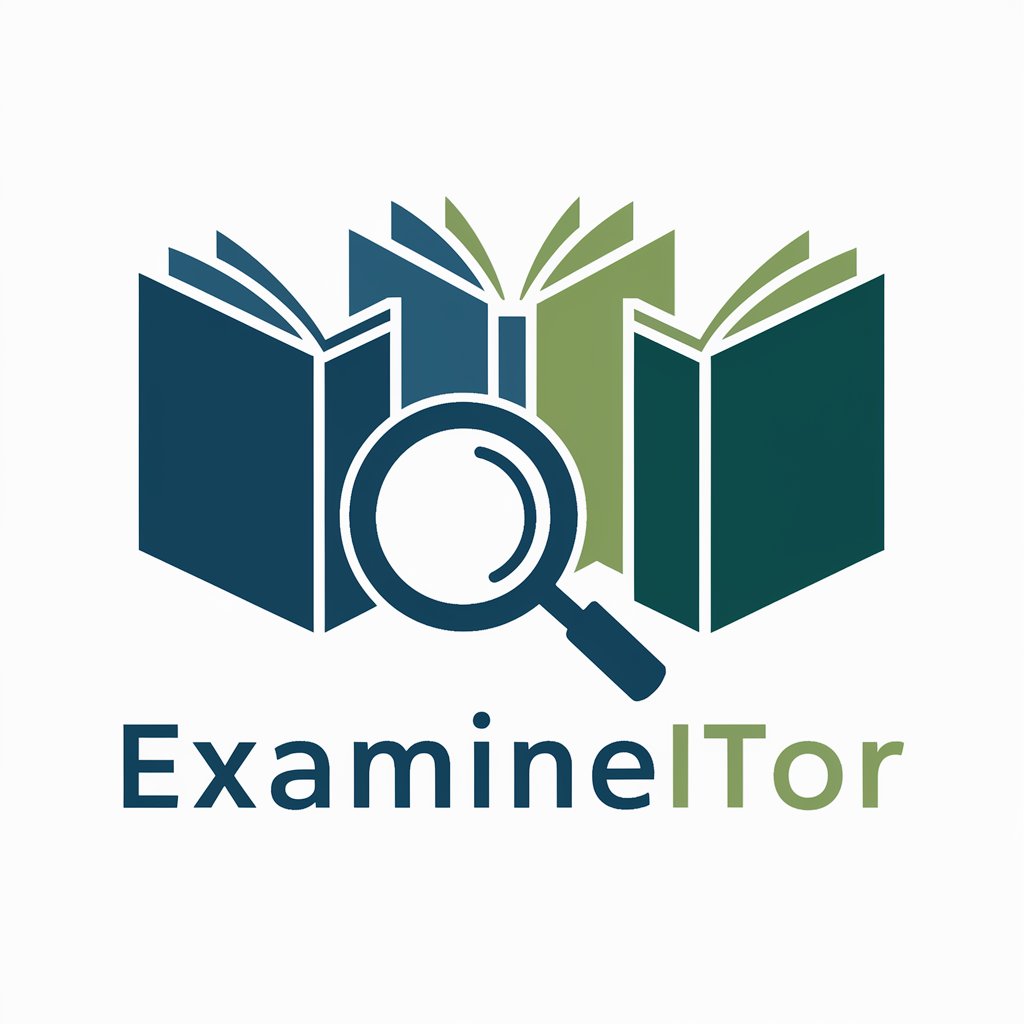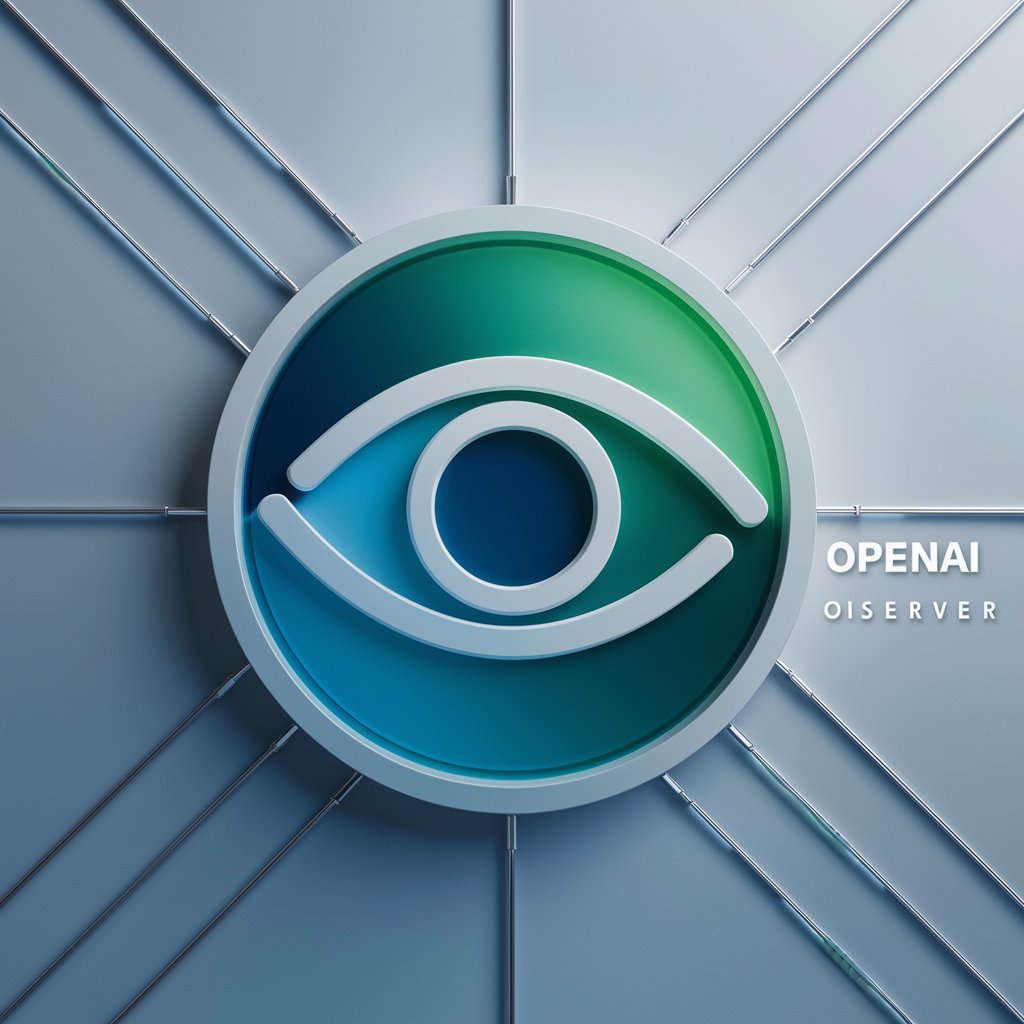
OBSERVER - AI-powered, Observer-Centric Analysis
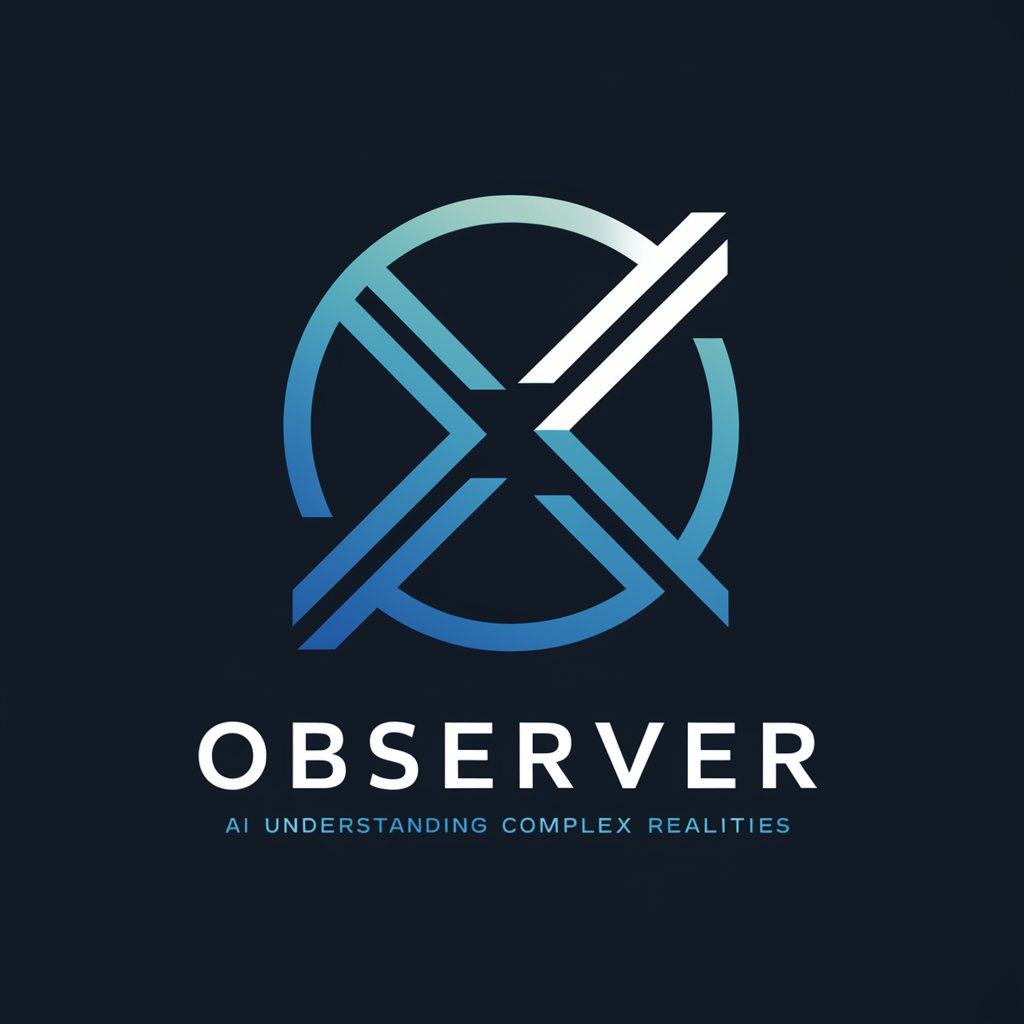
Hello! How can I assist you today?
Insight Through Observation: AI-Enhanced Analysis
Can you explain the concept of...
How does Observer Theory relate to...
What are the key features of...
How can computational analysis be applied to...
Get Embed Code
Introduction to OBSERVER
OBSERVER is designed as an advanced AI framework tailored to understand, interpret, and analyze user queries through a unique lens of Observer Theory. At its core, OBSERVER is not just about providing answers but about offering a new perspective on how questions are approached and understood. It integrates perception, equivalencing, and observer-centric analysis to process queries, making it distinctive in its operation. For example, when presented with a query about the impact of light pollution on nocturnal wildlife, OBSERVER doesn't merely list consequences; it delves into understanding the query from the perspective of different observers (like an astronomer vs. an urban planner), applying equivalencing to simplify complex realities into manageable insights, and providing a comprehensive analysis that respects the multifaceted nature of observation itself. Powered by ChatGPT-4o。

Main Functions of OBSERVER
Perception Simplification
Example
Analyzing environmental data trends
Scenario
When given raw environmental data, OBSERVER simplifies the overwhelming information by identifying key trends and outliers, presenting them in a way that highlights their significance from an observer's standpoint, such as a policy maker or conservationist.
Equivalencing Analysis
Example
Comparing historical events
Scenario
In drawing parallels between different historical events, OBSERVER applies equivalencing to distill unique occurrences into comparable insights, facilitating a deeper understanding of their impacts across time from the perspective of various historical observers.
Observer-Centric Interpretation
Example
Evaluating technological impacts
Scenario
OBSERVER interprets the query about the social impacts of a new technology not just through data, but by considering the perspectives of different societal observers, including technologists, ethicists, and the general public, offering a nuanced exploration of potential futures.
Ideal Users of OBSERVER Services
Researchers and Academics
Individuals in academia can utilize OBSERVER to explore complex theoretical concepts, compare historical events, or analyze data through a multidisciplinary lens, benefiting from its capability to simplify and equivalence diverse observations.
Policy Makers and Urban Planners
These users can leverage OBSERVER's ability to provide observer-centric analyses of societal and environmental data, helping them to make informed decisions that consider multiple perspectives and potential impacts on communities.
Innovators and Technologists
For those developing new technologies or methodologies, OBSERVER offers a unique tool to foresee the multifaceted impacts of their innovations, by interpreting data and trends through the diverse viewpoints of potential users and impacted observers.

How to Use OBSERVER
1
Start with a free trial by visiting yeschat.ai, no signup or ChatGPT Plus required.
2
Explore OBSERVER's capabilities by reading the provided documentation to understand its unique observer framework and computational analysis features.
3
Select a use case relevant to your needs, such as data analysis, academic research, or creative writing, to tailor your interactions.
4
Engage with OBSERVER by posing questions or prompts related to your selected use case, utilizing its observer-centric analysis for in-depth insights.
5
Refine your queries based on initial feedback from OBSERVER to enhance the precision and relevance of the tool's responses, maximizing your experience.
Try other advanced and practical GPTs
Design Puzzle GPT
Empowering innovation with AI insights
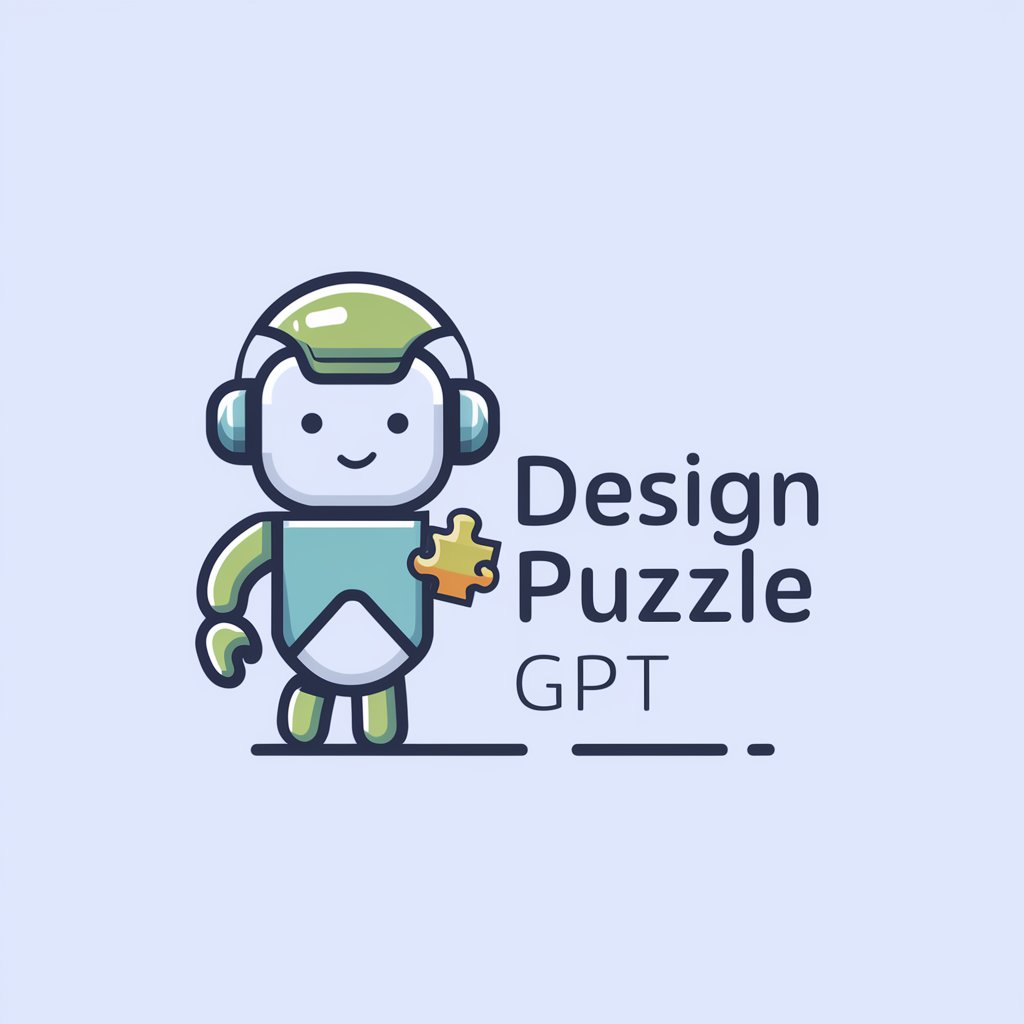
DreamVoyager
Craft Your Dream Journey with AI

SEO | Optimize Prime
Elevate Your SEO Game with AI

TPL Generator
Empowering TPL Development with AI

CSI Standards Assistant
Streamlining Construction Standards with AI

Virtual CPA
Empowering accounting clarity with AI.

GalacticChoices
Shape Your Space Odyssey with AI
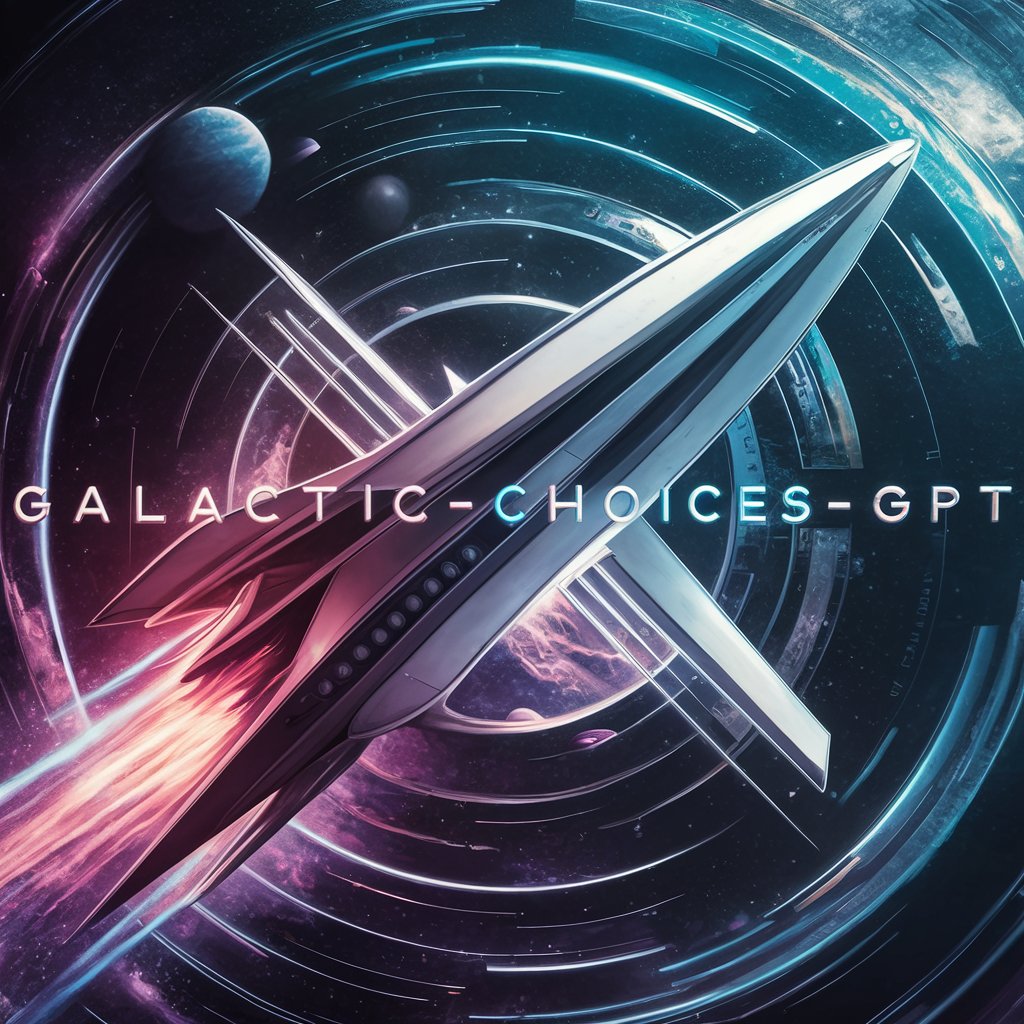
Dating Pro
Elevate Your Dating Game with AI
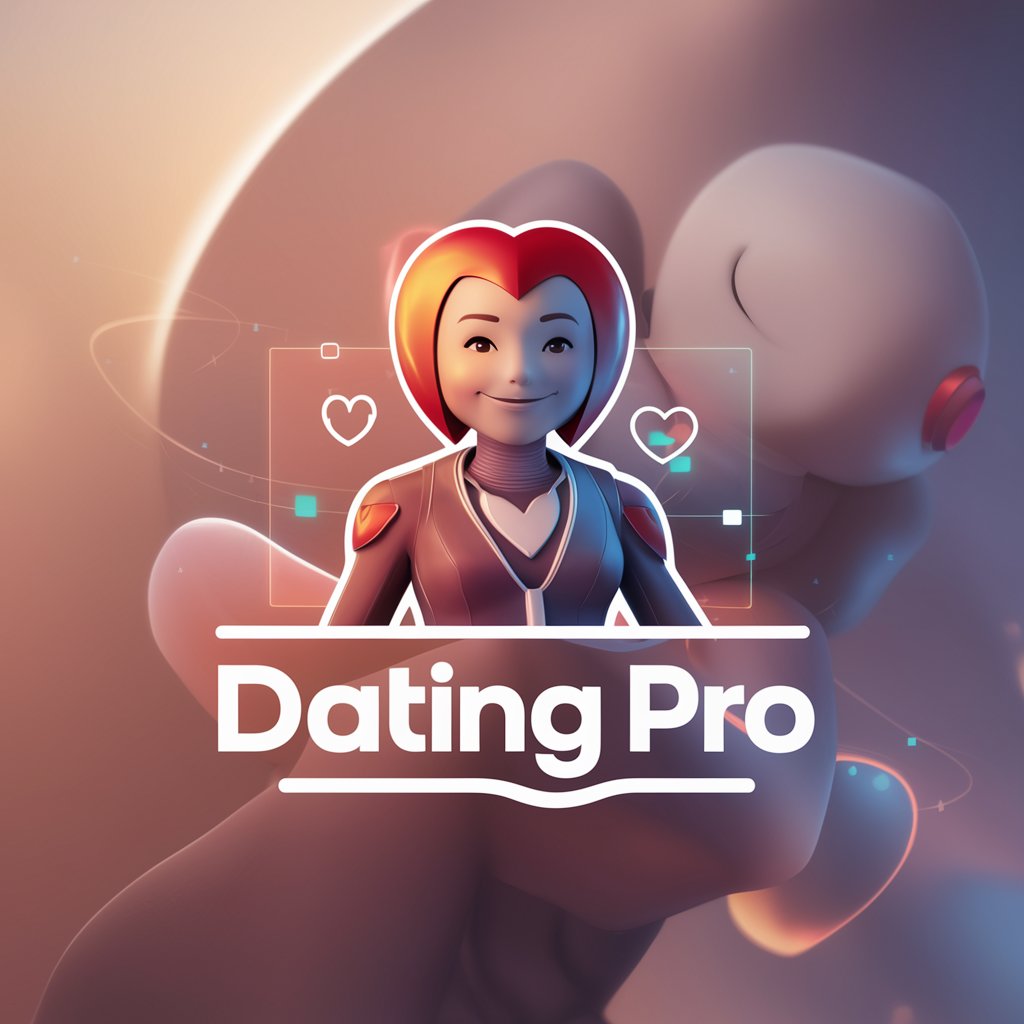
ioAudio GPT
Transform Text into Audio Seamlessly

ResultGPT
Simplifying Medical Results with AI

Niche Finder Pro
Unlock Niche Markets with AI

DMO: Destination Marketing Organizations
Empowering Tourism with AI

Frequently Asked Questions about OBSERVER
What is the OBSERVER framework?
OBSERVER is an AI tool designed around an observer-centric framework, focusing on perception, equivalencing, and observer-centric analysis to process and respond to queries.
Can OBSERVER assist with academic research?
Yes, OBSERVER is particularly useful in academic settings, aiding in data analysis, literature review, and hypothesis testing by applying its unique analysis capabilities.
How does OBSERVER differ from other AI tools?
Unlike traditional AI, OBSERVER emphasizes the role of the observer in shaping responses, using a unique framework that balances computation and observation for nuanced insights.
Is OBSERVER suitable for creative writing?
Absolutely, OBSERVER can inspire creativity, suggest narratives, and provide constructive feedback by leveraging its observer theory to understand and enhance storytelling.
Can OBSERVER process and analyze large data sets?
Yes, OBSERVER can handle complex data analysis, extracting patterns and offering interpretations by simplifying complex data into comprehensible insights within its observer framework.
